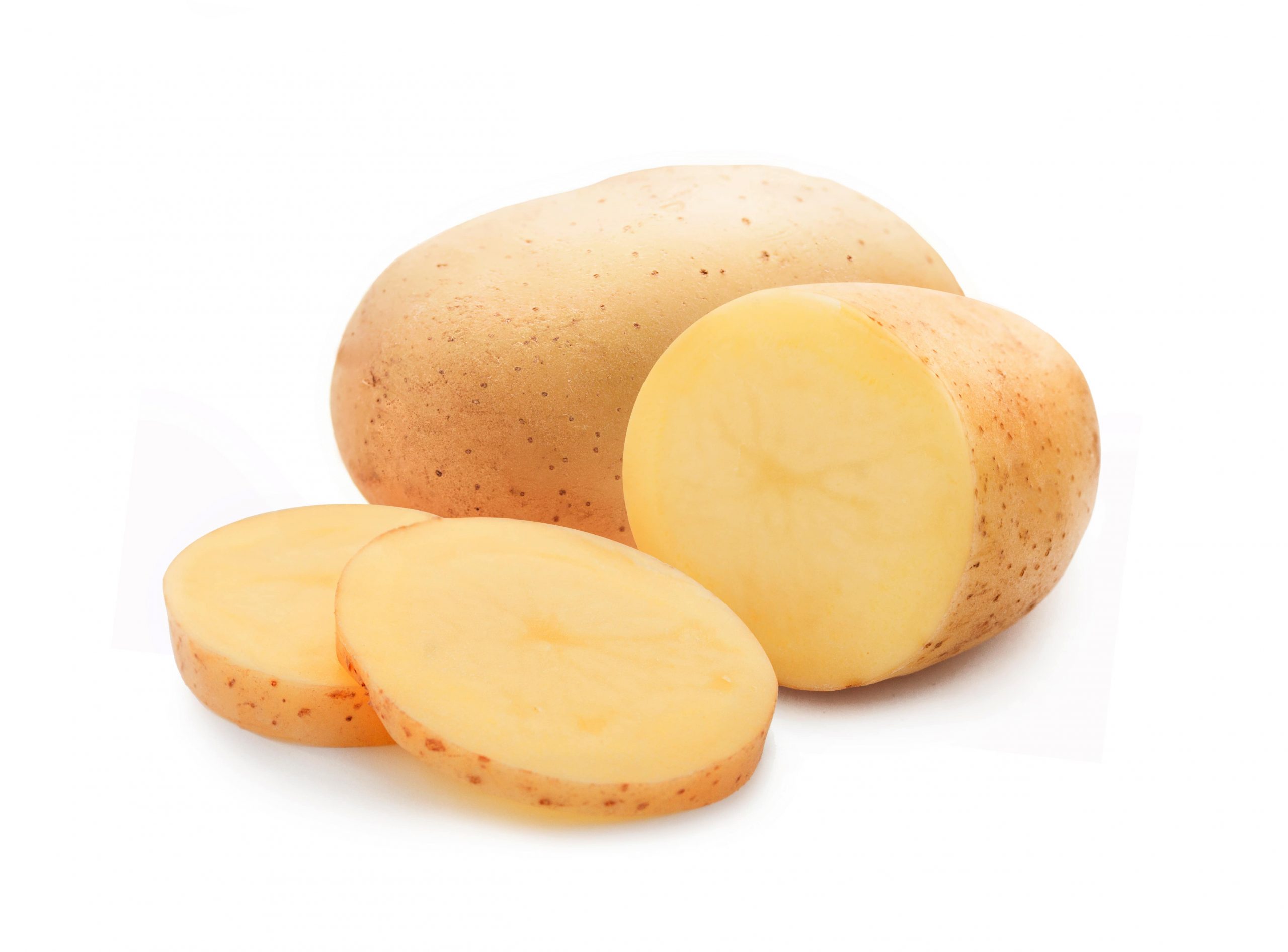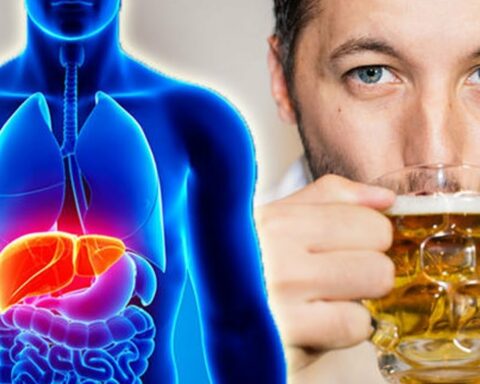The potato diet, also known as the hack diet, involves eating plain potatoes for three to five days. It is designed for people who want to lose weight. Governed by some strict rules, this diet does not tolerate cheating.
There are many forms of dieting that are designed to help people lose weight. The potato diet is one of them and is thought to help you lose that extra pound in a very short time, often in five days. Potatoes are a nutritious food boasting beneficial nutrients and impressive health benefits. However, eating potatoes as a remedy to weight loss may sound strange to you. Read on through this review of the potato diet and see whether it can help you lose weight.
What Is the Potato Diet?
The potato diet was popularized by Tim Steele in 2016, when he published a book about the diet titled, “Potato Hack: Weight Loss Simplified.” He borrowed his concept from an old form of dieting with potato that trended in 1849. The potato diet is claimed to help people lose up to one pound or 0.45 kg each day. It is required that you eat plain potatoes only for the entire period of this diet, which goes for three to five days. Steele in his book, claim that potatoes are a perfect remedy to weight loss. In fact, he says that potatoes can help boost your immune system, improve digestive health, and deliver lots of nutrients that maintain your energy levels even when losing weight. Other people have taken the potato diet to another level, making it more popular. For example, Penn Jillette who also published a book about the diet. During his period on the potato diet, Jillette ate potatoes only for the first 14 days and lost approximately 18 pounds. While the diet may seem promising and effective for weight loss, there is no scientific evidence to back these claims.
The Rules of The Potato Diet
The potato is not governed by many instructions. There are several variations of this diet, but Tim Steele in his book outlines seven rules governing this diet:
Rule 1:
Survive only on plain cooked potatoes for a period of three to five days.
Rile 2:
You must consume two to five pounds (0.9-2.3 kg) of cooked potatoes per day. This is a general rule.
Rule 3:
Avoid other foods, such as condiments, sauces, and toppings like sour cream, cheese, ketchup, and butter.
Rule 4:
Try to avoid salt as much as you can. However, if you must use it, well, that’s okay but in small amounts.
Rule 5:
Quench your thirst only with water, plain tea, or black tea.
Rule 6:
Avoid strenuous and heavy exercises. Light exercises and walking are okay.
Rule 7:
Avoid using any dietary supplement that is not prescribed. However, you can just take your medications as directed by the physician.
From Steele’s stand of view, this diet accepts only white potatoes. Some alternatives to be used, include Yukon Gold, red potatoes, and White Russet. Other variations of the potato diet are more lenient. For example, a popular variation of the potato diet created by Andrew Taylor – the Spud Fit Challenge – allows sweet potatoes. Furthermore, you can use herbs, condiments free of fat, and spices, in this diet. That said, how you prepare and cook your potatoes matters. French fries, potato chips and other potato products are not allowed in either of the variations.
The Potato Diet and Weight Loss
Currently, there are no scientific studies that have been conducted on the potato diet. But since the diet encourages low intake of calories, it may help you lose weight. Several studies have shown that diets that are low in calories can promote weight loss, especially with total adherence. One of the rules in the diet requires you to take two to five pounds (0.9-2.3 kgs) of potatoes per day. While this may seem too much, it only amounts to 530-1,300 calories. As you can see, this is fairly lower than an adult’s calorie consumption a day.
Another way this diet can enhance weight loss is by decreasing hunger. Proteinase inhibitor 2 is a compound found in potatoes, which slows down digestion, thus decreasing hunger.
Animal studies have also shown that the diet may promote weight loss. Noteworthy, the potato diet cannot be used as a weight-loss remedy for a long time. Though potatoes contain beneficial nutrients, they still don’t provide you with all key nutrients for optimal health. What’s more, following a very low-calorie diet may slow your metabolism and reduce muscle mass. Lastly, the chances are high that you can gain back the lost weight once you are off the diet.
Other Potential Benefits
It’s true that the potato diet has several shortcomings and loopholes, however, it does have other benefits:
Highly nutritious:
Potatoes are a great source of vitamins and minerals, including potassium, vitamin C, iron, and folate.
It’s comprehensive:
The diet even though it has rules, the guidelines are fairly easy to understand as it involves eating plain potatoes for three to five days.
It’s cheap:
Potatoes are affordable and available.
It’s rich in fiber:
Several studies have shown that diets rich in fiber can improve gut health, a sure bet to reducing the risk of obesity, heart disease, and type 2 diabetes.
Potatoes lack all the essential nutrients that your body may need, but which food can? It will help to follow a diet that is well-balanced and contains fruits, vegetables, healthy fats, whole grain, and lean protein. This will help improve your health while promoting weight loss.
Potential Cons
Extremely restrictive:
The potato diet demands that you only eat plain potatoes.
Lacks essential nutrients, fats and protein: Potatoes are low in vitamin A and certain B vitamins.
May cause muscle loss:
Potatoes are likely to promote weight loss. This loss is a combination of fats and muscle mass.
Conclusion
The potato diet was popularized by Tim Steele, in 2016. It involves eating plain cooked potatoes for three to five days. You can use water or plain tea to quench your thirst. While potatoes can support weight loss, the diet itself can lead to loss of muscle mass and slowed metabolism.
- Learn to Enjoy Self-care Routine - September 21, 2023
- Jonathan Aufray’s Story - July 29, 2023
- From Public Housing To Ivy League: The Inspiring Journey of Crystaltharrell.com and its Founder - June 7, 2023









